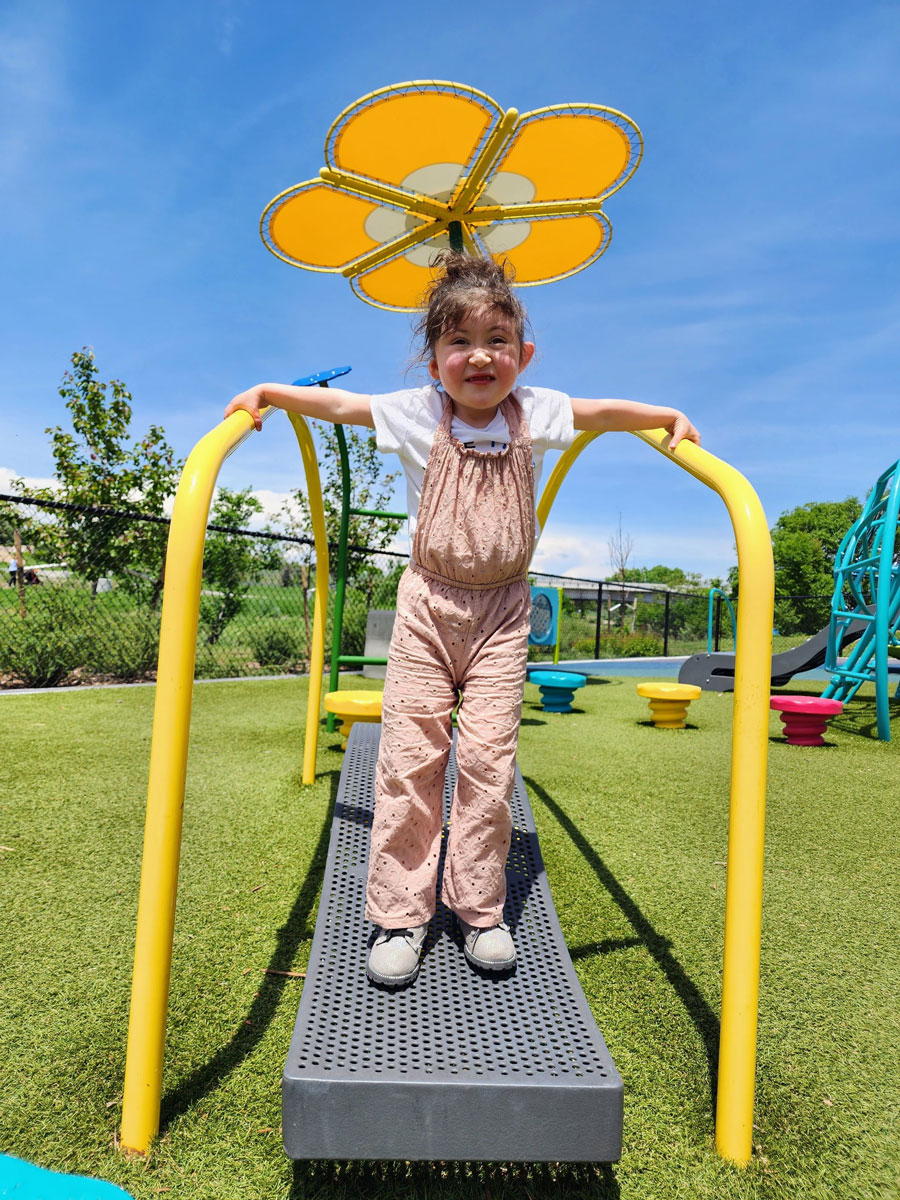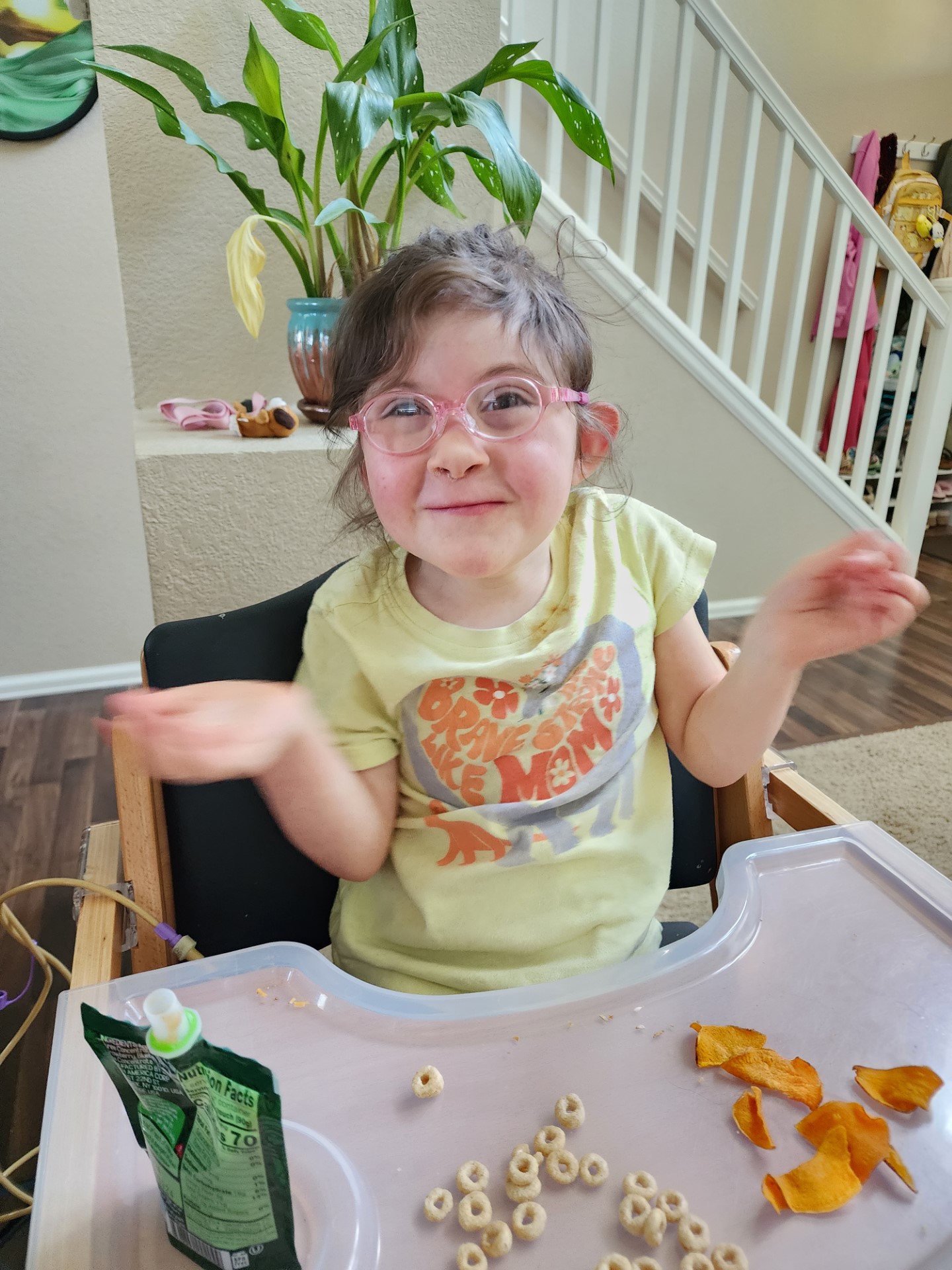What is Pediatric Speech Therapy?
Pediatric speech therapy is a type of therapy that helps children with speech, language and communication problems. Speech therapists, also called speech-language pathologists (SLPs), work with children who have difficulties with speaking, listening, understanding, reading, writing, or swallowing. Pediatric speech therapy can have many benefits for children and their families. It can help children improve their academic performance, social skills, self-esteem, and quality of life. Some of the conditions that pediatric speech therapy can treat are:
- Aphasia: a language impairment that makes it difficult to express thoughts, understand speech, read or write
- Dysarthria: a speech disorder that affects the muscles used to produce sounds
- Apraxia of speech: a motor speech disorder that makes it hard to plan and coordinate the movements needed for speech
- Developmental language delays: when children do not develop language skills at the expected age
- Receptive or expressive language disorders: when children have trouble understanding others or communicating their ideas
- Voice disorders: when children have problems with the quality, pitch, or loudness of their voice
- Fluency disorders: the continuity, smoothness, rate, and effort in speech production. Some examples of fluency disorders include stuttering, speaking quickly, merging words, or cutting off parts of words
- Feeding and Swallowing difficulties: when children have challenges such as choking, gagging, pocketing food, and refusal to eat certain foods
Pediatric speech therapists are highly trained professionals who work with children and their families to assess their needs, set goals, and provide individualized interventions. There are a variety of methods and tools to help children learn and practice new skills including play-based activities and games, exercises, as well as the use of assistive technology. Assistive technology, or augmentative and alternative communication (AAC) devices are communication systems, strategies and tools that replace or support natural speech, and can help children who have difficulties communicating using speech.
How do I know if my child would benefit from Speech Therapy?
Pediatricians typically complete developmental checklists during regularly scheduled well visit appointments. Your pediatrician will discuss your child’s progress with you and will give you recommendations when a child is falling behind. Pediatricians will sometimes make recommendations for Speech Therapy when progress to milestones is delayed.
Parents often know right away when a child is struggling with communication, understanding, feeding or swallowing. When these challenges arise, talk to your pediatrician about your concerns. There are also many developmental checklists that are readily available on-line so that you can track your child’s progress on your own. As an example, the CDC publishes developmental milestone checklists for children from birth to age 5. Developmental checklists are tools that will help you to know what skills are typically mastered for children of the same age group. As a courtesy, All for Kids Home Health has made these developmental checklists available to you by clicking the link below. Please note that these tools are not a substitute for a skilled, standardized assessment by a licensed healthcare professional.
How can I get therapy started for my child?
There are several ways to initiate occupational therapy services.
- Physician Referral – If your physician has ordered speech therapy for your child, All for Kids Home Health can schedule an in-home evaluation. The Speech Therapist will work with you to develop a treatment plan and determine a therapy schedule that works best for you.
- Self-Referral – If you think your child might benefit from occupational therapy services, you can call our intake department to get the process started. A Speech Therapist will call you to discuss your concerns and determine if an evaluation is needed. All for Kids Home Health will call the pediatrician’s office to get a referral. Once the referral is received, the Speech Therapist will complete an in-home evaluation to determine specific needs and will work with you to develop an individualized treatment plan and therapy schedule.













